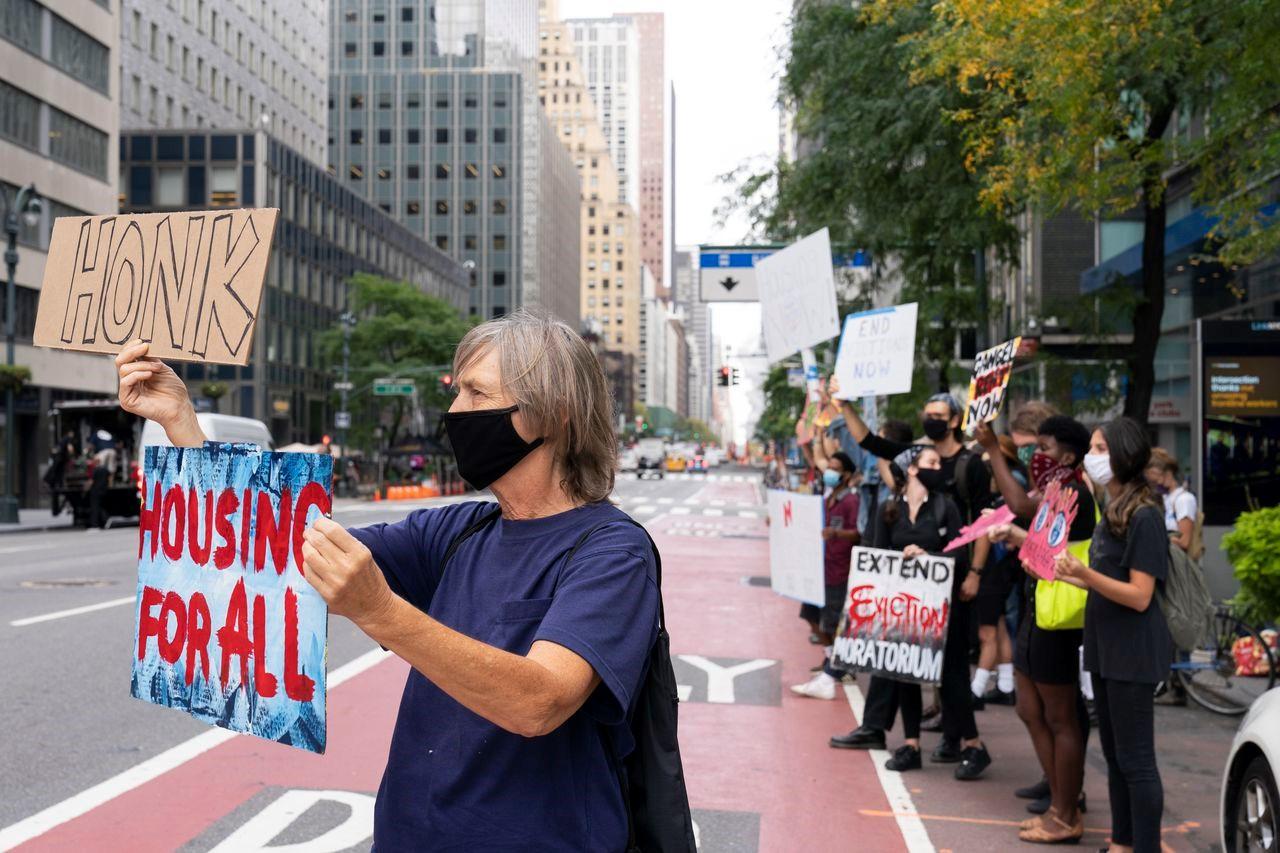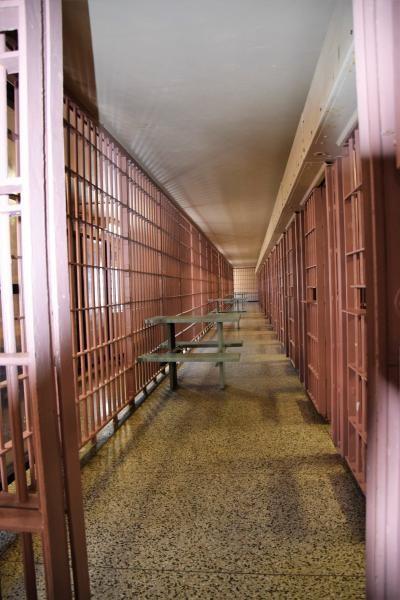11
SY: Other than coming to work at LSCNY, tell us about a legal accomplishment that you are most proud of?
SY: What is one fact about you that your colleagues would be surprised to learn?
MEC: Even though I am a life-long resident of Syracuse, I MEC: I was a Law Guardian assigned to represent a child easily get disoriented in the Clay/Cicero area. I’m very charged with criminally negligent homicide. I challenged grateful for GPS and Google maps!! the client’s confession and, ultimately, the case was disSY: Tell us one thing you have done to stay sane durmissed. ing COVID? SY: What do you like to do when you are not practicMEC: We’ve really had a great year weather-wise with a ing law? nice hot summer (I love those 90 degree days) and mild fall. I enjoyed spending time outside!! MEC: I enjoy planning trips for my family. In 2019, we Also, my family and I have been playing board games-- we went ‘out west’ and traveled to Phoenix, the Grand Canyon, Four Corners, Mesa Verde National Park, Arches Na- had a really fun game of Candyland on Thankgiving !! (yes, we kept it all those years and still have it even with teentional Park, Bryce Canyon National Park, Zion National agers in the house!) Park, and Las Vegas – I have over 800 photos from those 13 days!
Opinion New Yorkers Need Further Eviction Relief to Protect Tenants By Sam Young, Director of Advocacy Since the beginning of the COVID-19 pandemic, tenants in New York State have benefitted from a series of orders and legislation effectively halting evictions up until this point. After Governor Cuomo declared a state of emergency in New York due to COVID-19, Chief Administrative Judge Lawrence Marks stayed all pending and new evictions beginning March 17th. Three days later, Governor Cuomo, by executive order, issued the first of several New York State moratoriums on residential and commercial evictions and foreclosures. The orders of both the Governor and Chief Administrative Judge recognized the severity of the public health crisis, and the potential that both hearing landlord-tenant cases and carrying out evictions have for exacerbating that crisis. At a time when New Yorkers across the State were being urged to remain at home, the idea of removing people from their homes, and forcing them into shelters or doubling up with friends and relatives, seemed to be a very poor idea from a public health perspective.
These orders remained in place until after the New York State Legislature passed the Tenant Safe Harbor Act, a law that protects tenants from orders of eviction when they have suffered financial hardships as a result of COVID-19. This law, as helpful as it is, has significant limits. First, it only protects tenants in “non-payment” evictions—those in which tenants are being evicted because they have not paid their rent. Second, while the law creates a defense to evictions in non-payment cases, the tenants must raise the defense, and prove that they have experienced financial hardship during the COVID-19 period. This will be difficult, if not impossible, for the large numbers of tenants who have to appear in court without an attorney. Finally, the law does not require that the non-payment eviction proceedings be dismissed, but only that no order of eviction may be issued while the state of emergency remains. Landlords may still obtain judgments against their tenants for unpaid rents. As a result, even tenants who escape orders of eviction during the current state of emergency will be faced with large financial judgments, and in many cases will have no ability to pay those judgments.







